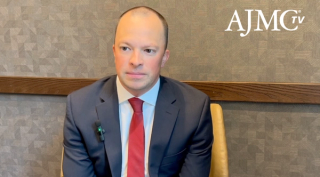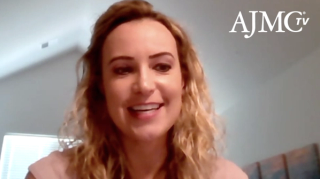
Oncology
Latest News
Latest Videos

Podcasts
More News

David Awad, PharmD, BCOP, says pharmacists play a growing role in managing access, safety, and toxicity for these therapies, ensuring treatments are appropriate and sustainable in real-world oncology practice.

In May, the FDA granted significant drug approvals across various therapeutic areas, marking notable progress in expanding treatment options for patients.

Insurance hurdles in value-based cancer care create delays and anxiety for patients and providers, complicating access to essential treatments, explained Coral Omene, MD, PhD, of Rutgers Cancer Institute and RWJBarnabas Health.

Leaders in oncology share why the American Society of Clinical Oncology (ASCO) meeting remains a top global gathering for breakthroughs, networking, and lifelong learning.
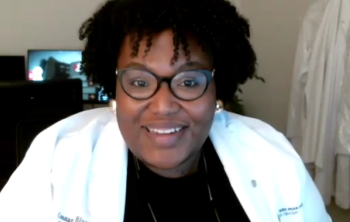
Constance Blunt, MD, medical oncologist, Mary Bird Perkins Cancer Center, shares how one mobile health care initiative is addressing critical barriers to medical access for underserved populations.

Darolutamide (Nubeqa) is granted FDA approval for metastatic castration-sensitive prostate cancer, enhancing survival and quality of life for patients.
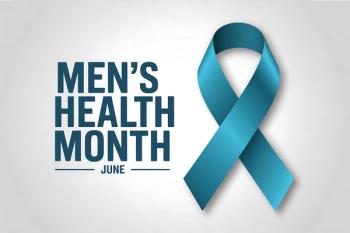
Men’s Health Month 2025 encourages men to adopt preventive care and healthy lifestyle habits to improve overall health outcomes.

Trastuzumab deruxtecan plus pertuzumab shows promising results as a potential new first-line treatment for HER2-positive breast cancer at ASCO 2025.

Multicancer early detection tests are revolutionizing cancer screening by using liquid biopsies to screen for multiple cancers from a single blood sample, enhancing patient outcomes by identifying cancers earlier.

Community oncology faces significant challenges from the Inflation Reduction Act's (IRA) drug pricing changes, risking financial stability and patient access to care.

Fecal immunochemical testing (FIT) was more accurate than blood-based testing for detecting advanced precancerous colorectal lesions, a comparative study found.

The most prevalent types are prostate cancer among men and breast cancer among women.

ASCO 2025 will showcase cutting-edge advancements in precision medicine, artificial intelligence, and biomarker-driven therapies, revolutionizing cancer treatment and diagnostics.

Cathy Eng, MD, FACP, FASCO, Vanderbilt-Ingram Cancer Center, speaks about the clinical and operational priorities that academic medical centers make front-and-center when caring for underserved populations receiving treatment for cancer.
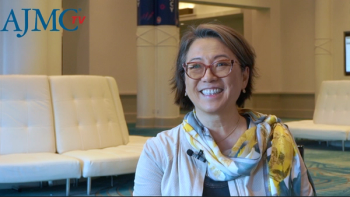
As community oncology evolves to deliver chimeric antigen receptor (CAR) T and bispecific therapies closer to home, support is needed to ensure patient access and precision medicine capabilities, says Nini Wu, MD.

Pharmacists play a crucial role in managing treatment with chimeric antigen receptor T-cell therapy and bispecific antibodies, focusing on patient selection and side effects, explained Eileen Peng, PharmD, of Astera Cancer Care.
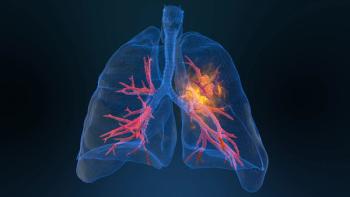
Patients with extensive-stage small cell lung cancer (SCLC) experienced clinically meaningful benefits with lurbinectedin plus atezolizumab vs atezolizumab in the phase 3 IMforte trial, according to findings being presented at the ASCO Annual Meeting.

The advent of novel cancer care therapies such as chimeric antigen receptor T-cell therapy and bispecific antibodies is transforming the role of pharmacists in enhancing patient care.

While artificial intelligence (AI) is transforming community oncology, Nini Wu, MD, of Navista, emphasizes that success depends on patient access and infrastructure.
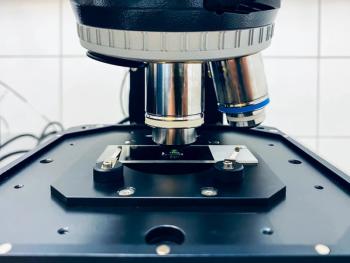
The tool could make it easier for clinicians to rule out melanoma without the need for excision.

Constance Blunt, MD, medical oncologist, Mary Bird Perkins Cancer Center, discusses some of the recent trends in cancer detection, screenings, and resource utilization in community oncology.

Telisotuzumab vedotin (Teliso-V) gained FDA approval as a targeted therapy for patients with advanced non–small cell lung cancer (NSCLC) with high c-Met overexpression, offering new hope.
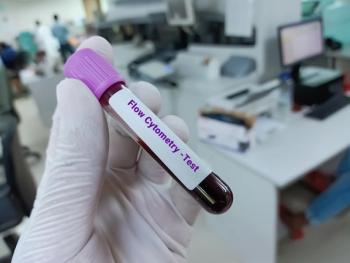
The study, which used flow cytometry rather than molecular biology to identify circulating tumor cells (CTCs), found a significant positive correlation between the number of CTCs and the stage of disease.

RWJBarnabas Health and Rutgers Cancer Institute unveil the Jack & Sheryl Morris Cancer Center—1 of only 13 freestanding cancer hospitals in the US.

Remote symptom monitoring in cancer care reduces hospitalizations, enhances value-based care, and supports diverse patient populations, according to new findings.









